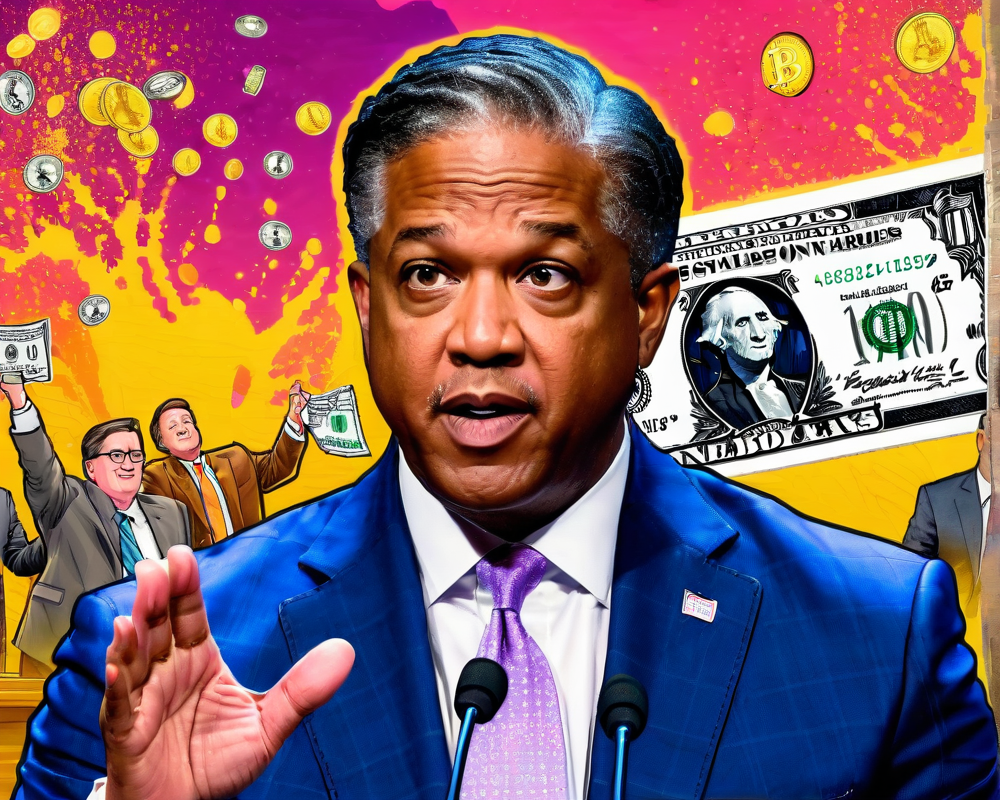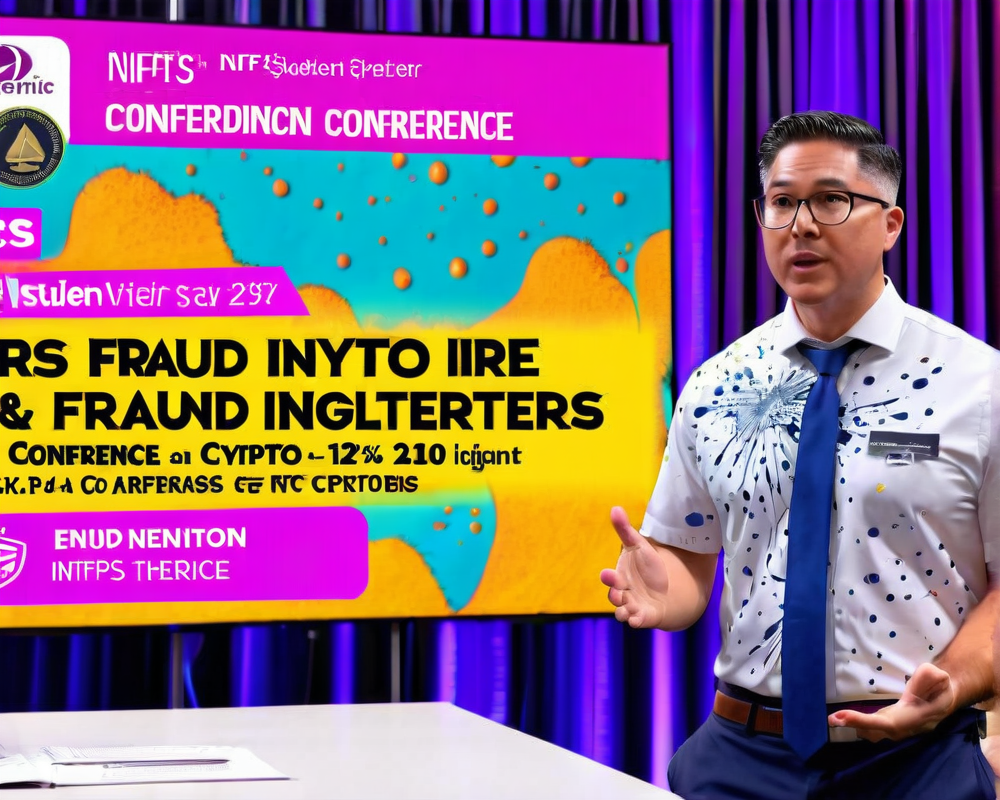Final Words at the Fed
In a notable farewell speech, Randal Quarles, the outgoing Federal Reserve governor, urged regulators to consider moderation when it comes to stablecoin oversight. Speaking at the American Enterprise Institute, Quarles stressed the need for regulatory balance to foster innovation in the ever-evolving world of digital assets.
A Case Against Overregulation
Quarles expressed his fears that heavy-handed regulations could hinder the advancement of stablecoins, highlighting specific proposals from the President’s Working Group on Financial Markets. Among these, he challenged the idea of forcing wallet providers to sever ties with commercial entities, considering it unnecessary and overly restrictive. He stated,
“It is not at all clear what regulatory interest would be furthered by such a limitation.”
The Role of Banks in Stablecoin Regulation
During his tenure, Quarles has argued that while stablecoin issuers should meet regulatory standards, mandating that all issuers operate as regulated banks may be excessive. He remarked,
“There are perfectly effective ways for nonbanks to meet our legitimate regulatory concerns.”
His point is clear: innovation shouldn’t drown in a sea of bureaucracy.
The Future of Cryptocurrency Oversight
As Quarles prepares to leave his position, he has called for a careful approach to regulatory frameworks governing cryptocurrencies. He insisted that regulators shouldn’t treat digital assets any differently due to their technological nature, saying,
“We must focus with care on the unique risks posed by these activities.”
His comments reflect a broader philosophy: aim for prudence without stifling progress.
What’s Next for the Fed?
With Quarles’ resignation on the horizon, there are stirring winds at the Federal Reserve. Though President Biden has yet to make official appointments for the Fed’s open seats, he has indicated a commitment to diversifying the Board’s composition. Current Fed chair Jerome Powell looks likely to stay, with Lael Brainard slated for the vice-chair position. The impending changes could shape the future of U.S. financial policy, particularly regarding digital assets.




